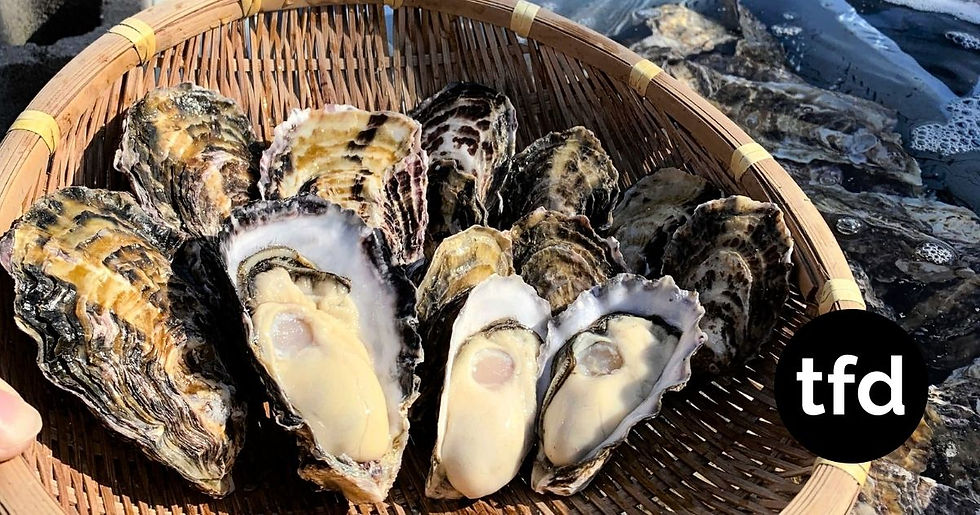Hungarian Scientists Create a New Kind of Fish in the Lab
- By The Financial District

- Aug 29, 2025
- 2 min read
A paper in Genes describes how two different types of fish — sturgeon and paddlefish — were bred to create a hybrid offspring.

The creation of these hybrid “sturddlefish” was accidental and occurred in a Hungarian lab. Researchers were trying to breed Russian sturgeons in captivity because the species is endangered, Daisy Hernandez reported for Popular Mechanics.
Scientists unintentionally created the “sturddlefish,” a hybrid between a Russian sturgeon (Acipenser gueldenstaedtii) and an American paddlefish.
Both fish, considered endangered, bred in an unexpected way in captivity.
“We never wanted to play around with hybridization. It was absolutely unintentional,” said Attila Mozsár, a senior researcher at the Research Institute for Fisheries and Aquaculture in Hungary.
Sperm and eggs from the two species produced hundreds of hybrid offspring, though some have since died.
According to the researchers, “survival in all hybrid family groups ranged from 62% to 74% 30 days after hatching.” This marks the first successful hybridization between the two species.
The sturddlefish emerged when the team attempted to breed more Russian sturgeons via gynogenesis, a type of asexual reproduction in which sperm is necessary but leaves no trace of its DNA.
The researchers used American paddlefish sperm to initiate the process, not expecting the sperm and egg to fuse and create a hybrid.
According to Live Science, all hybrids are carnivorous like the sturgeon, which feeds on mollusks and crustaceans — unlike the paddlefish, which eats zooplankton. The researchers say they have no plans to create more sturddlefish in the future, suggesting a short-lived existence for a species never meant to be.





![TFD [LOGO] (10).png](https://static.wixstatic.com/media/bea252_c1775b2fb69c4411abe5f0d27e15b130~mv2.png/v1/crop/x_150,y_143,w_1221,h_1193/fill/w_179,h_176,al_c,q_85,usm_0.66_1.00_0.01,enc_avif,quality_auto/TFD%20%5BLOGO%5D%20(10).png)








